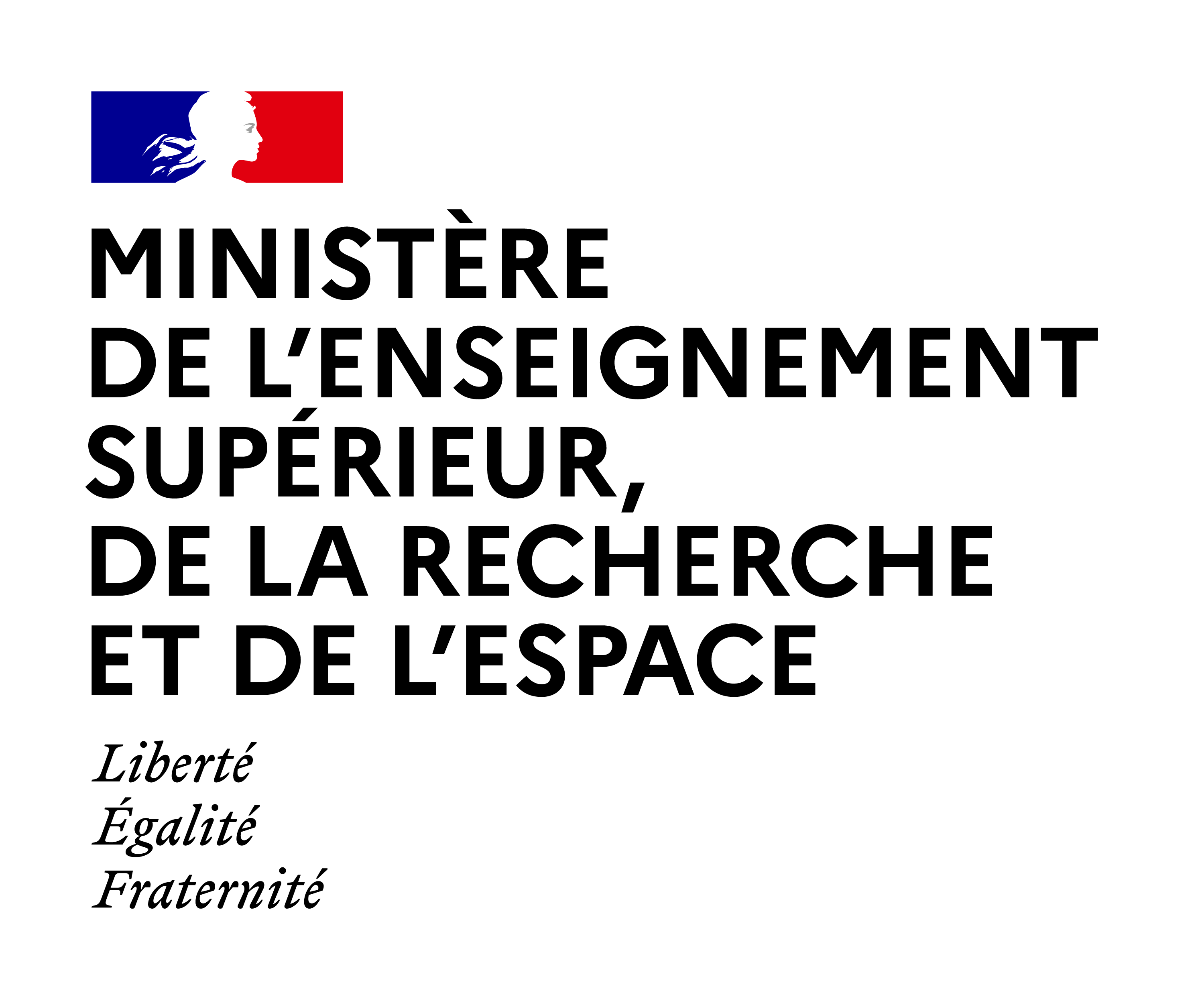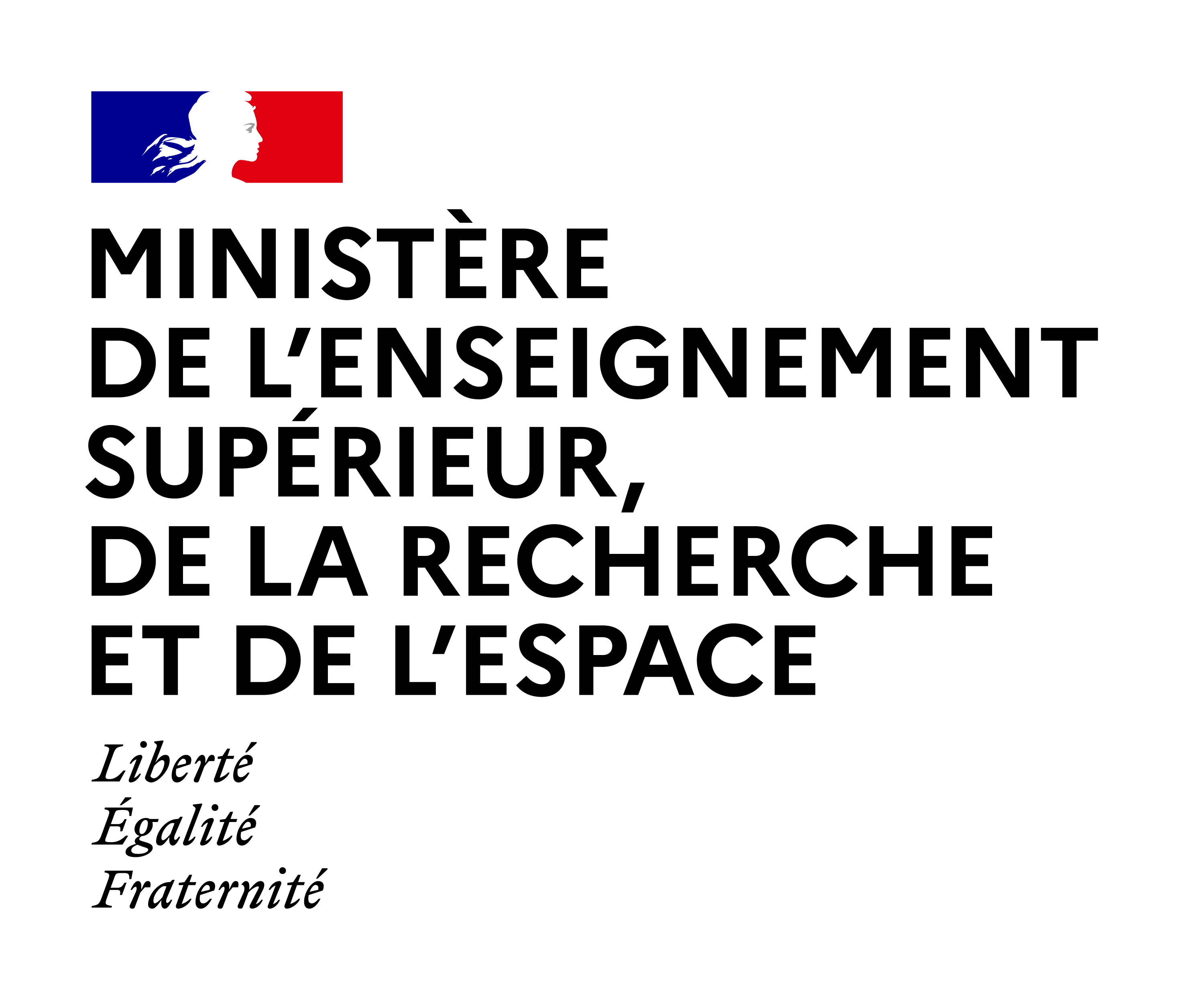
Sommaire
This Sort of Sentimental Journey: Empathy and Wildlife Conservation in Peter Matthiessen’s African Travelog / Guillaume Didier
Date de création :
22.03.2019Auteur(s) :
Guillaume DIDIERPrésentation
Informations pratiques
Droits réservés à l'éditeur et aux auteurs. Tous droits réservés à l'Université Jean-Jaurès et aux auteurs.
Description de la ressource
Résumé
This Sort of Sentimental Journey: Empathy and Wildlife Conservation in Peter Matthiessen's African Travelog / Guillaume Didier, in colloque international "L'Amour des animaux / Animal Love", organisé par ?le Laboratoire Cultures Anglo-Saxonnes (CAS), la Société d’Étude de la Littérature de Voyage du monde Anglophone (?SELVA?), l'Académie des Sciences, Inscriptions et Belles Lettres (ASIBL) de Toulouse, sous la responsabilité scientifique de Françoise Besson (CAS, SELVA, ASIBL), Marcel Delpoux (ASIBL, SELVA), Nathalie Dessens (CAS) et Scott Slovic (SELVA, University of Idaho, USA). Toulouse, Hôtel d'Assézat, Hôtel du May, Université Toulouse Jean Jaurès, 20-23 mars 2019. Atelier SELVA : Les animaux et la littérature de voyage / Animals and Travel Writing. “And this last abandon shattered the detachment I had felt until that moment. I was swept by a wave of feeling, then a pang so sharp that, for a moment, I felt sick, as if all the waste and loss in life, the harm one brings to oneself and others, had been drawn to a point in this lonely passage between light and darkness.” (The Tree Where Man Was Born, p. 94). From the early 1960s to the mid-1980s, Peter Matthiessen took part in a number of expeditions to Central and East Africa, documenting the continent’s diverse peoples and wildlife. His accounts of these travels, published together as An African Trilogy in 2000, lie midway between scientific study and mysticism, and have so far been overlooked by scholars of literature. The author both expresses his love of wild creatures –for “their multitudes and sounds, their forms and colors, are endlessly exhilarating” —and addresses issues of wildlife conservation. Inspired by his Buddhist faith, Matthiessen acknowledges animals as sentient beings, capable of emotions and attachment. This echoes the ecocritical argument that empathy should be endorsed as a key feature of conservationist activity: according to Arne Naess, one “cannot put forth ethical rules of conduct without taking our limited capacities and, ...personal feelings, seriously.” Guillaume Didier seeks to explore how Matthiessen’s take on empathy is confronted with both ethical and literary issues. Indeed, the author has to address the fact that expressing empathy for wild animals which are perceived in a negative way by local human populations can become controversial. Moreover, the anthropomorphic depictions of animals which empathy relies on are challenged by the difficulties inherent in the interpretation of their behaviour and of their silence. Yet it is also Matthiessen’s use of empathy which eventually allows him to go beyond the reach of most African conservation literature by founding, through his narratives of a shared love of animals, a human community indifferent to social andracial backgrounds. ?___? Le but de ce colloque est d’envisager l’amour des animaux, l’amour animal, l’amour pour les animaux dans sa multiplicité et sous un angle à la fois philosophique, scientifique, littéraire et artistique et en inscrivant ce thème dans la relation plus large de l’homme au monde et dans la vision environnementale et écocritique. Des espèces compagnes à la relation (l’amour ?) des animaux pour des membres de leur propre espèce ou d’espèces différentes, l’expression “l’amour des animaux” est polysémique. On pense à l’amour des chiens et chats pour leur compagnon humain et à la relation réciproque de l’attachement humain pour ces êtres non-humains qui accompagnent leur vie, au chien qui accompagne son ami humain jusqu’à la tombe et va y rester des jours et parfois se laissera mourir. Que dire de ce chat américain qui dans un hôpital, va dans les chambres de malades dont il perçoit avant les médecins qu’ils vont mourir bientôt et les accompagne jusqu’à leur dernier souffle ? Comment définir son rôle gratuit et étrange d’accompagnateur qui va leur permettre le passage en leur offrant une présence amie et rassurante ? L’amour des animaux, c’est à la fois l’amour de l’être humain pour le monde animal, l’amour -ou tout autre sentiment auquel il conviendra de réfléchir- de l’animal pour l’être humain et l’amour des animaux entre eux ; l’amour pour tout souffle de vie ; l’amour de la chatte pour ses petits, le geste de l’hippopotame tentant de sauver l’antilope de la gueule du crocodile, les soins d’une bande de chats des rues en Argentine sauvant un enfant perdu en lui apportant de la nourriture et en le réchauffant jusqu’à ce qu’il soit retrouvé. Est-ce de l’amour ? Est-ce un instinct de survie ? Une empathie inexplicable ? Comment définir la notion d’amour des animaux ? Ces gestes de tendresse, de compassion ou d’empathie du monde animal peuvent-ils être rattachés à l’amour ou sont-ils des gestes instinctifs de sauvetage de quelque espèce que ce soit visant à prolonger la présence animale sur la terre ? The aim of this conference is to consider animal love in its multipicity, from a philosophical, scientific and literary angle at the same time, by inscribing the theme in the wider relationship of man with the world and in the environmental and ecocritical vision as well. From companion species to the love of animals for members of their own species or of other species, the phrase “animal love” is polysemous. We first think about the love dogs and cats have for their human companions and about the reciprocal relationship of attachment of human beings for those nonhuman companions accompanying parts of their lives; we can think about the dog following his human companion’s coffin and accompanying him/her to the grave, staying there days and nights and sometimes dying there. What can we say of the American cat who, in a hospital, goes into dying people’s rooms, knowing before doctors that those people are going to die and accompanying them until their last breath? How can we define her gratuitous, strange role as a companion, allowing them to pass away while offering them a friendly, reassuring presence? Animal love is both the human being’s love for an animal or several animals and the love—or any feeling we could associate with love—of the animal for the human being and the love of animals for one another. Can we consider the gesture of a hippopotamus for the antelope that he tries to rescue from the crocodile’s teeth, staying with her head in its mouth until her last breath, as love? What about the behaviour of a group of street cats in Argentina, who saved a lost human infant by giving him food and lying on him so that he did not die of cold in the night, until the day when he was found. Is this love? Is it some survival instinct shared with those who are threatened? Is it some unexplainable empathy? How can we define the notion of animal love? Could those gestures of apparent tenderness, compassion or empathy of the animal world be qualified as love—could they be linked with love or are they instinctive rescuing gestures made by whatever species to prolong the animal presence on the Earth?
"Domaine(s)" et indice(s) Dewey
- Attitude envers les animaux (179.3)
- Critique et histoire de la littérature américaine de langue anglaise (810.9)
Domaine(s)
- 179.3
- 810.9
Intervenants, édition et diffusion
Intervenants
Édition
- Université Toulouse-Jean Jaurès-campus Mirail
Diffusion
Document(s) annexe(s)
- Cette ressource fait partie de
Fiche technique
- LOMv1.0
- LOMFRv1.0
- Voir la fiche XML




